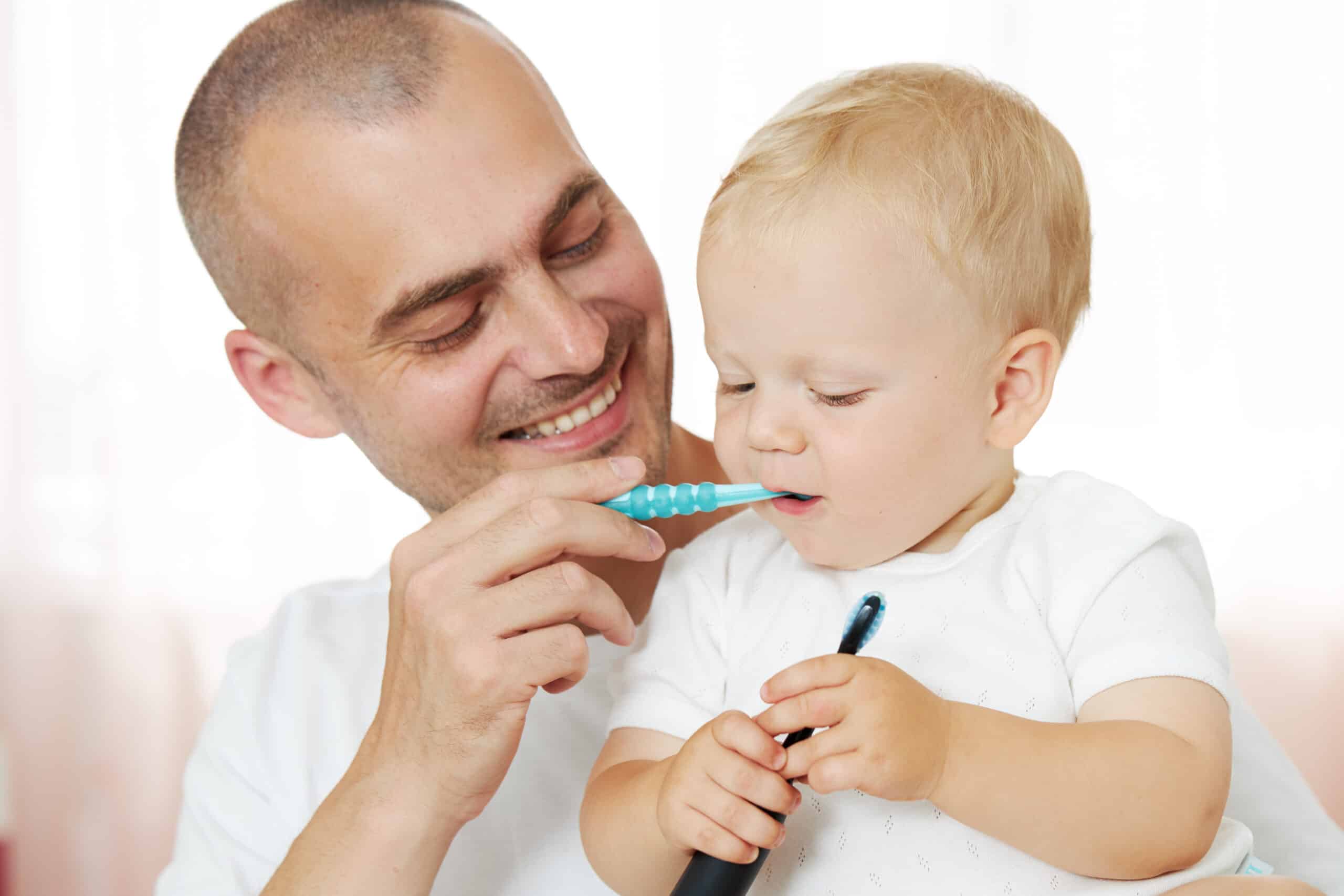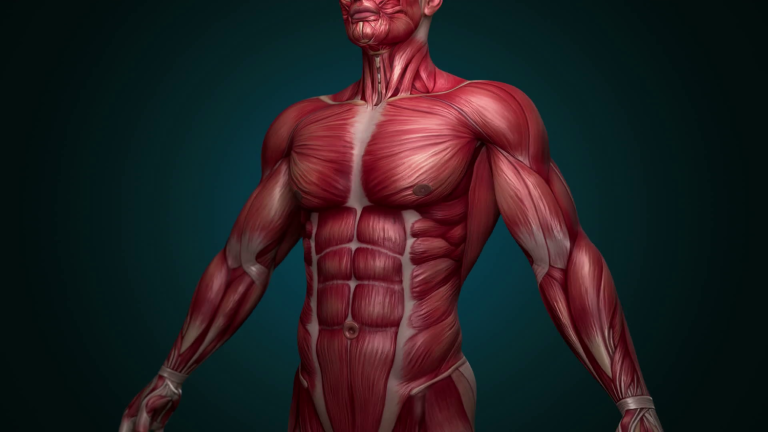Parent’s Guide to Caring for Baby Tooth’s
As parents, we aim to provide the best possible care for our kids, including their oral and dental health. Primary or baby teeth play a vital role in a young child’s development. They are responsible for chewing, talking, and holding space to grow permanent teeth. You must take care of your baby’s teeth to promote good dental health and establish good oral hygiene. This comprehensive guide explores the importance of baby teeth and provides practical tips for maintaining your child’s oral hygiene.
Baby Tooth Care
Even though baby teeth are temporary, they perform several vital functions for a child’s dental health and oral development.
- Grasping and Eating: Baby teeth allow children to digest and eat food properly.
- Language Development: Your baby’s teeth are essential for correctly forming words and sounds.
- Facial structures: Baby teeth support the developing jaws and facial bones to ensure proper facial alignment and structure.
- Space Maintenance: Baby tooth space is maintained in the jaw so permanent teeth can properly emerge. The loss of baby teeth early can lead later to crowding problems and alignment issues.
Tips for taking care of baby teeth
The care of baby teeth is fairly simple. It would help to establish good oral hygiene habits as early as possible. Here are practical tips for maintaining the dental health of your children:
- Start Earlier: You can clean your child’s mouth when the first tooth emerges. Use a wet, soft cloth to gently wipe your baby’s gums after each feeding. This will remove bacteria and help prevent the buildup of plaque.
- Introduce Tobacco Brushing: From the moment your baby’s tooth first appears (usually around six months), begin brushing their teeth with fluoride-containing toothpaste and a soft-bristled toothbrush. For children aged 3 or older, a pea-sized quantity of toothpaste is recommended.
- Establish A Routine: Make Brushing Your Child’s Teeth a Part of Their Daily Routine. This should be done both before bedtime and in the early morning. Brush your child’s teeth until you feel confident they can brush themselves, typically around age six or seven.
- Encourage Healthy Eating Habits Avoid sugary drinks or snacks that may cause decay. Offer a well-balanced diet rich in fruits, veggies, lean protein, and whole grains. This will support the best oral health.
- Schedule Routine Dental Checkups: Take your child to the dentist every six months or whenever the first teeth appear. Consistent dental examinations are essential for preventing and managing oral complications that may develop in your child.
- Supervise Cleaning and Flossing. Children need supervision with brushing or flossing until their coordination and skills improve. Ensure your child’s oral health routine and offer assistance as necessary.
- Lead Your Child by Example By practicing good oral hygiene habits, you can set a positive example. Encourage your child to see you flossing and brushing regularly, stressing the importance.
Conclusion
Baby teeth are essential to promoting oral health and laying the groundwork for a lifetime filled with healthy smiles. By starting early and encouraging good oral hygiene and by prioritizing regular check-ups for children, parents will help them maintain healthy teeth throughout their childhood. By caring for baby teeth, you can help them fulfil their important roles and prepare for permanent teeth.
Please click here to find out more information about children’s dental insurance. Remember, investing in your child’s health and happiness is a wise investment.







